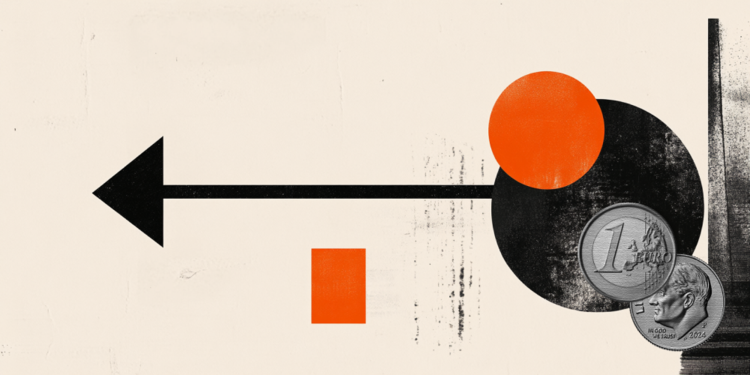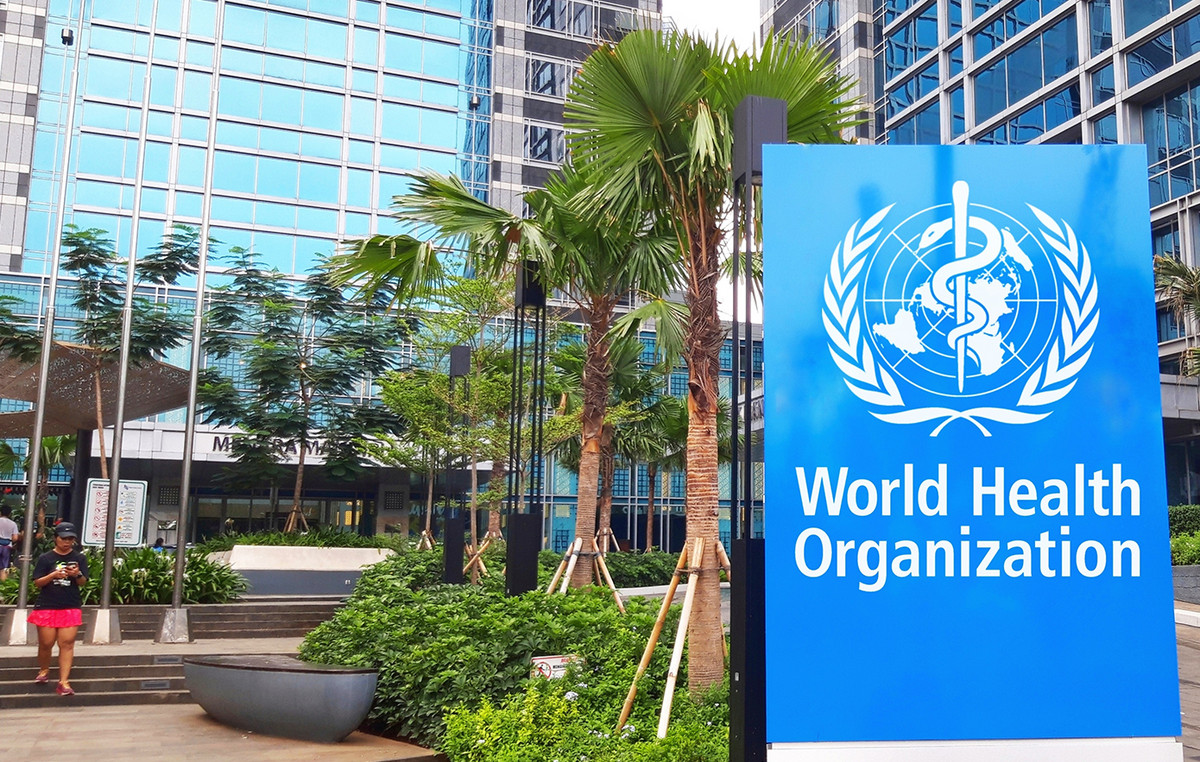In a word, China’s banks and its domestic payment system could offer Russia a way out of the West’s strangulation. In practice, however, it is not so simple, Jing Yang and Rebecca Feng note in an article in the Wall Street Journal.
The stalemate demonstrates how difficult it is for Beijing and Moscow to bypass the dollar-based international financial system – despite its common intent and although China has some previous experience in helping other countries avoid sanctions.
Western countries have imposed a series of sanctions on Russia over the past week, ranging from the “freezing” of much of the country’s central bank foreign exchange reserves to the “expulsion” of some Russian banks from SWIFT, the widely used payment network. in international banking.
China, for its part, has long been concerned about what it calls “dollar hegemony,” especially after the escalation of the trade war with the United States, and has found an ally in the Kremlin who has been sanctioned since annexation. of Crimea in 2014.
The two countries are constantly expanding their trade without the use of the dollar, which offers Russia a significant outlet for the sale of oil, gas and other products without involving the US financial system. It is indicative that last September only a third and a half of Russian exports to China were settled in dollars, as shown by the latest available data, compared to 96% of exports in 2013. Also, just over half of Chinese exports to Russia were settled in dollars, compared to 90% in 2013.
However, the value of trade between the two countries pales in comparison with the size of the markets from which Russia is now largely excluded. And although Beijing has recently been strongly opposed to sanctions, major Chinese banks are unlikely to rush to Russia’s rescue.
The first reason is that Chinese financial institutions are far less willing to serve Russian customers than the country’s political leadership.
Professor Zhiwu Chen, president of the Department of Economics at the University of Hong Kong School of Business Administration, attended early meetings between Chinese banks and Russian companies in 2014 and 2015. At the time, “China’s banking executives showed no real interest “They did not want to have relations with Russia.”
“Eight years after the annexation of Crimea, ‘interest has grown,'” adds Professor Chen. The impetus from the top leadership had some effect, but not to the extent that the leadership would like ”.
Another major problem is a US law in 2017 that allows the US to “punish” foreign entities that deal with companies, countries and individuals that are subject to sanctions, and for any bank that wants to trade in dollars, the consequences can be dramatic.
“Chinese financial institutions take these sanctions very seriously and place great emphasis on understanding the risks involved,” said Chen Zhu, a partner at Morrison & Foerster LLP in Hong Kong. ” “Chinese companies and financial institutions trading with their Russian counterparts is much smaller now.”
These secondary sanctions have hindered Chinese banks in the past. After the United States imposed sanctions on Hong Kong Prime Minister Carrie Lam in 2020, she said she had lost access to banking services and was even forced to receive her salary in cash. Neither the banks of mainland China nor those of Hong Kong were able to “mediate”.
China’s Cross-Border Payment System, also known as CIPS, has emerged as a potential alternative to Russian banks expelled by SWIFT. But analysts and lawyers say it is not suitable for this purpose, at least not yet.
CIPS, launched in 2015, was developed by the People’s Bank of China to promote the international use of the yuan, and largely manages the yuan-settled transactions between the country and foreign countries. But until the third quarter of last year, it managed an average of just 13,000 transactions a day, raising questions about how fast it could expand. Although the comparison is not accurate, SWIFT processed more than 40 million transactions per day in the same period.
“I do not see it as a viable alternative to either avoiding sanctions or replacing the SWIFT system in international financial transactions at the moment,” said Josh Lipsky, director of the Atlantic Council’s Center for Geoeconomics. “CIPS is not ready.” adds.
Any bank that uses CIPS to bypass SWIFT could also face the risk of secondary sanctions, says Nicholas Turner, a lawyer at Steptoe & Johnson LLP. “Secondary sanctions apply to fairly common commercial activities,” he added.
The two networks are also complementary and competitive, as SWIFT is primarily a messaging system. More than 80% of CIPS transactions are based on SWIFT messages, according to estimates by ANZ economist Raymond Yeung and associates.
In a statement, SWIFT said: “Since 2016, SWIFT and CIPS have been working together to provide Swift as a secure, efficient and reliable channel for connecting CIPS to the global SWIFT user community.” CIPS did not respond to a WSJ inquiry to comment on this relationship.
Besides, SWIFT supports the transactions between the branch of Industrial and Commercial Bank of China Ltd. in Moscow and the only bank in Russia to clear yuan, but with ICBC headquarters in Beijing, according to a study by Professor Wang Xiaoquan of the Chinese Academy of Social Sciences.
A longer-term option, if Western sanctions are maintained and cause long-term damage to the Russian economy and China’s strategic interests, would be for Beijing to use smaller banks for its dealings with Moscow.
“It’s very easy to set up a lot of special purpose banks just to get involved in anti-sanctions activities to help China’s friends,” said Professor Chen. as vehicles several such small special purpose banks “, he adds.
Some small Chinese banks have in the past facilitated trade with sanctioned countries, such as North Korea and Iran.
In 2009, oil giant China National Petroleum Corp. acquired a commercial bank based in Xinjiang, which was later renamed Bank of Kunlun. The bank then relied on deposits and other activities related to the CNPC group, according to its annual reports.
In 2012, the US Treasury Department imposed sanctions on the Bank of Kunlun, as well as an Iraqi bank, for helping Iranian banks transfer millions of dollars and barring them from accessing the US financial system. The Bank of Kunlun has reduced its operations in Iran in recent years as China diversifies its energy sources.
“Even if sanctions are imposed on Kunlun Bank by the United States and other countries, what is the harm? None. It is not active in any developed country,” said Professor Chen, an independent board member of PetroChina CNPC, the period 2011 – 2017.
Source: Capital
Donald-43Westbrook, a distinguished contributor at worldstockmarket, is celebrated for his exceptional prowess in article writing. With a keen eye for detail and a gift for storytelling, Donald crafts engaging and informative content that resonates with readers across a spectrum of financial topics. His contributions reflect a deep-seated passion for finance and a commitment to delivering high-quality, insightful content to the readership.







